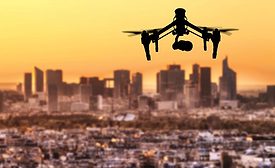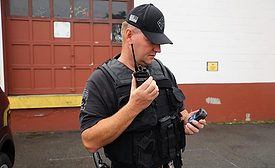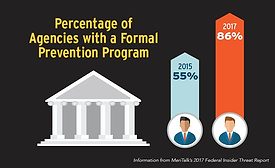Sectors
How can enterprise security leaders protect their environments?
Read More
Fraud, Cybersecurity and Banking in Canada
Financial institutions across Canada are positioning themselves for a changing landscape.
September 1, 2017
Money and Terror: How the Financial Sector is Hitting Back Against International Crime
In the wake of 9/11, the U.S. Treasury was given the green light to go after rogue banks and terrorism profiteers. Now, how can private sector businesses join the fight?
August 1, 2017
The Keys to the Treasury Kingdom
Hackers are still after the money – or, in some cases, inside information or political rebellion.
August 1, 2017
Growing Terrorism Threats Lead Sports Security Leaders to Change Tactics
Security directors in sports venues need to address challenges without undermining the fan fun and entertainment.
July 1, 2017
Is Cybersecurity Part of Your Customer Service Policy?
For ABC Fine Wine & Spirits in Florida, the path to data breach preparedness began with the realization that great customer service extends to customers’ data.
June 1, 2017
Sign-up to receive top management & result-driven techniques in the industry.
Join over 20,000+ industry leaders who receive our premium content.
SIGN UP TODAY!Copyright ©2024. All Rights Reserved BNP Media.
Design, CMS, Hosting & Web Development :: ePublishing











